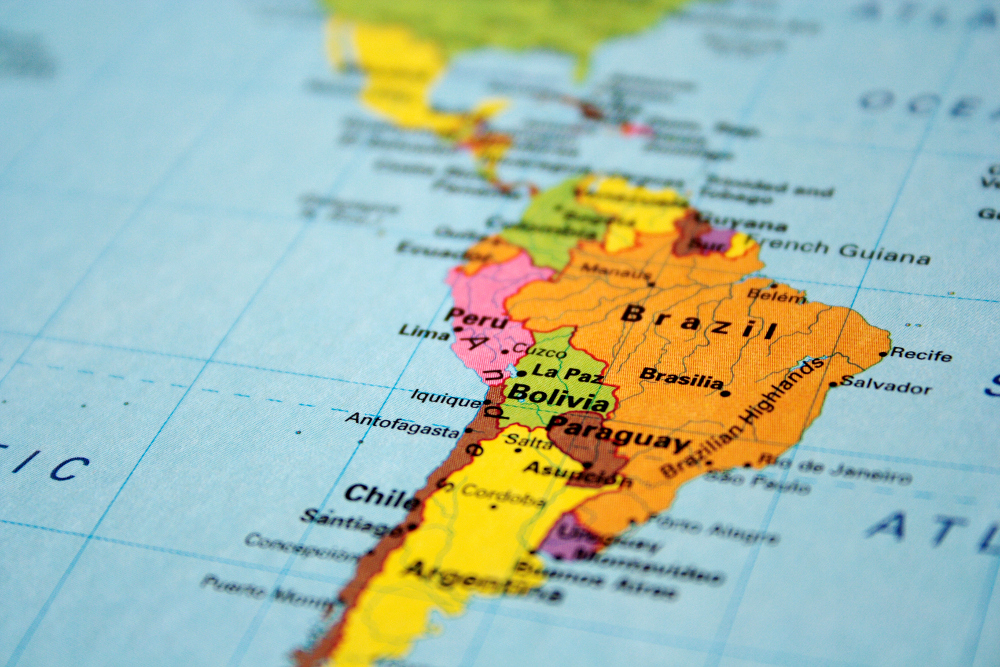The terms neo-liberalism and neo-classical liberalism were used to describe the classical economic liberalism. The term was coined in 1938 at the Colloque Walter Lippmann by the German sociologist and economist Alexander Rustow, one of the fathers of Social market economy.
The label is referring to a redefinition of classical liberalism, influenced by the neoclassical theories of economics. The term “neoliberalism” is mostly used as a pejorative by opponents. Broadly speaking, neo-liberalism seeks to transfer part of the control of the economy from public to the private sector, under the belief that it will produce a more efficient government and improve the economic indicators of the nation.
The definitive statement of the concrete policies advocated by neoliberalism is often taken to be John Williamson’s “Washington Consensus,” a list of policy proposals that appeared to have gained consensus approval among the Washington-based international economic organisations like the International Monetary Fund (IMF) and World Bank.
ADVERTISEMENTS:
Since none of these definitions allows for nuance and nobody agrees on what “neo” term is, it may be better to examine the status of liberalism in Latin America with its supporting pillars, democracy and economic freedom.
After all, neoliberalism derives from the classic liberalism of 18th century moral philosophers who proposed that individual should be free to do as they see fit and own and dispose of property as they wish with minimal state interference.
For historical reasons, liberalism and supporting pillars of democracy and markets came late to many Latin American states and have had troubled histories in others. Core traditions such as the belief that sovereignty resides in the state and that only strong leaders can impose order seemed reasonable at one time of independence when minority European elites were pretty much the state and ruled over an uneducated populace.
ADVERTISEMENTS:
But follow-on immigration, better education, and the need to keep up with economic progress elsewhere brought changes that challenged these traditions. In parts of Latin America that had known mostly dictatorship, a wave of democratization and preliminary market reforms swept through the region in the 1980s. Now all American states except Cuba have competitive elections and liberalised trade regimes.
What’s more, countries that were marginally democratic have become more so with enhance protection of human rights, freedom of speech, and preliminary efforts to decentralise governing authority. Even the Organisation of American States, once a club of dictators, is now a forum that promotes markets and democracy.
But Argentina’s fiscal collapse, political infighting in Guatemala, conflict over the dictatorial policies of President Hugo Chavez in Venezuela, and chaos in Haiti’s nominal democracy make it seem that liberalism has been tried and does not work. While polling data collected by Latinobarometro shows that Latin Americans clearly favour democracy over other political systems, they are largely disappointed with the results.
That’s because democracy and markets-liberalism’s twin pillars- have only evolved through first generation reforms-the election of public officials and the replacement of import substitution economies with more open trade. Without further development, there is little more these inputs can do to encourage free and prosperous societies.
ADVERTISEMENTS:
To be sure, economic performance would have been much worse without these reforms, but real progress is not possible until the underlying structure of the regions’ economies is truly liberalised.
While liberalism is not dead in Latin America, it is at risk of not succeeding as long as democracy and free markets are only partially adopted. And while authoritarian regimes seem to be reappearing with alarming frequency, it is also fair to say that caudillos and populism are dinosaurs in an age of international interdependence, expanding trade, and global markets.
Liberalism’s democracy and markets won’t be viable alternatives until reforms to establish them are fully implemented. True prosperity is only possible when all Latin Americans enjoy equal rights and equal opportunities to earn a living, run for office, or start a business.

